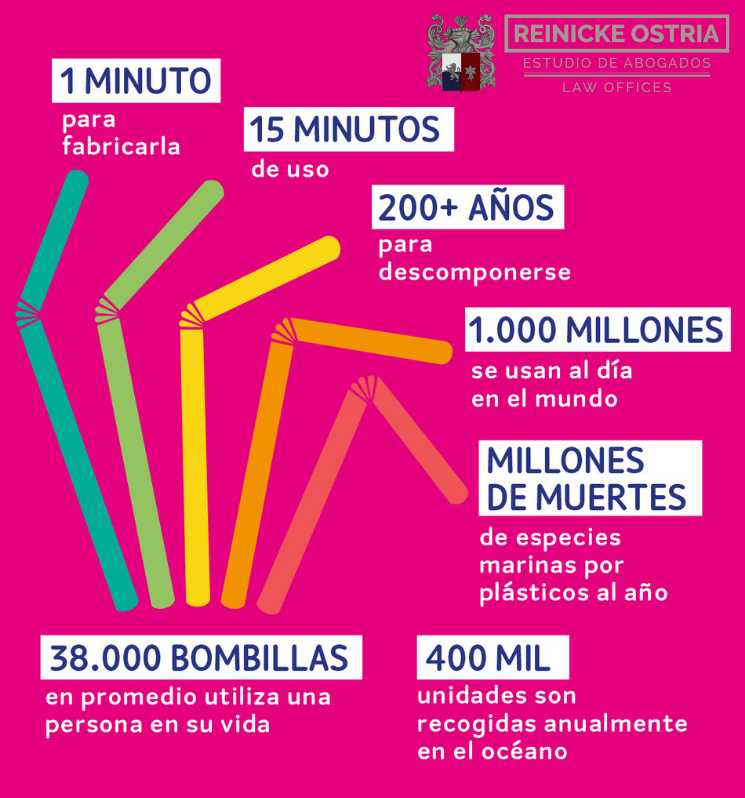
There is already more than five thousand years on the planet, when in the 3,000.C. appeared in Sumerian (although it is not known exactly if it was them who created them for the first time). We are speaking of straws, light bulbs, straws, reed, straw, straw or whatever you want to call them.
They used to be made of wood or metal, and sometimes up to them inscrustaban precious stones. But it was not until the decade of the sixties that we started to get to know it in its current format of plastic. Is that in reality, many things became plastic from that time: the bottles, dishes, bottles, toothbrushes, and even some houses.
Yes, very useful to be able to manufacture products more easily and cheap, but how sustainable? The answer is: not much. And despite the fact that in some cases the manufacture of plastic products can be necessary, there are others where in reality it is not so much (bulbs).
The drama of the straws killer
Well, it's not like they are really killer, unless you are the poor hatchling's viral video, but of doing harm, they do. Not by the fact of being simple bulbs, but because they are made of plastic, a material that we can find in abundance in the oceans of our planet.
For the abundance we are talking about nothing more nor nothing less than 165 million tons. In fact, it is expected that by 2050 more plastic than fish in our seas. As for crying. What can we do to prevent this? Some good options would be to recycle, to prefer products that do not come packaged when possible (for example, avoiding the fruits packaged, and preferring these to bulk) and tell it not to the waiter when you are offered a light bulb.
Why we ought to say “no” to the bulbs
Here's some of the reasons why we should say goodbye:
- Are within the top 10 of wastes that are most often found on beaches.
- They are made of plastic, which is not a biodegradable material. That is to say, it could be for decades and centenios hanging around.
- Contain BPA, a chemical compound that causes in addition to that the bulbs are not recyclable, possess a number of negative consequences for our health to be in contact with our food (such as an increase in the probability of growth of tumors in breast cancer.
- As already mentioned above, when they reach the sea, they are able to harm the animals, it is estimated that one hundred thousand mammals and one million seabirds are killed by ingesting plastic a year.
What do I do if I can't live without them?
There are versions more friendly with the environment that will be able to allow to use them without your awareness to suffer.
For example, you'd prefer to use light bulbs of paper, glass or bamboo, which are recyclable.
A change of switch
Okay, we know that we're not going to change the world by taking a drink directly from the can instead of doing it with a straw. But at the end of the day, it is making a call of conscience to trateos of doing the least possible negative impact on our planet.
